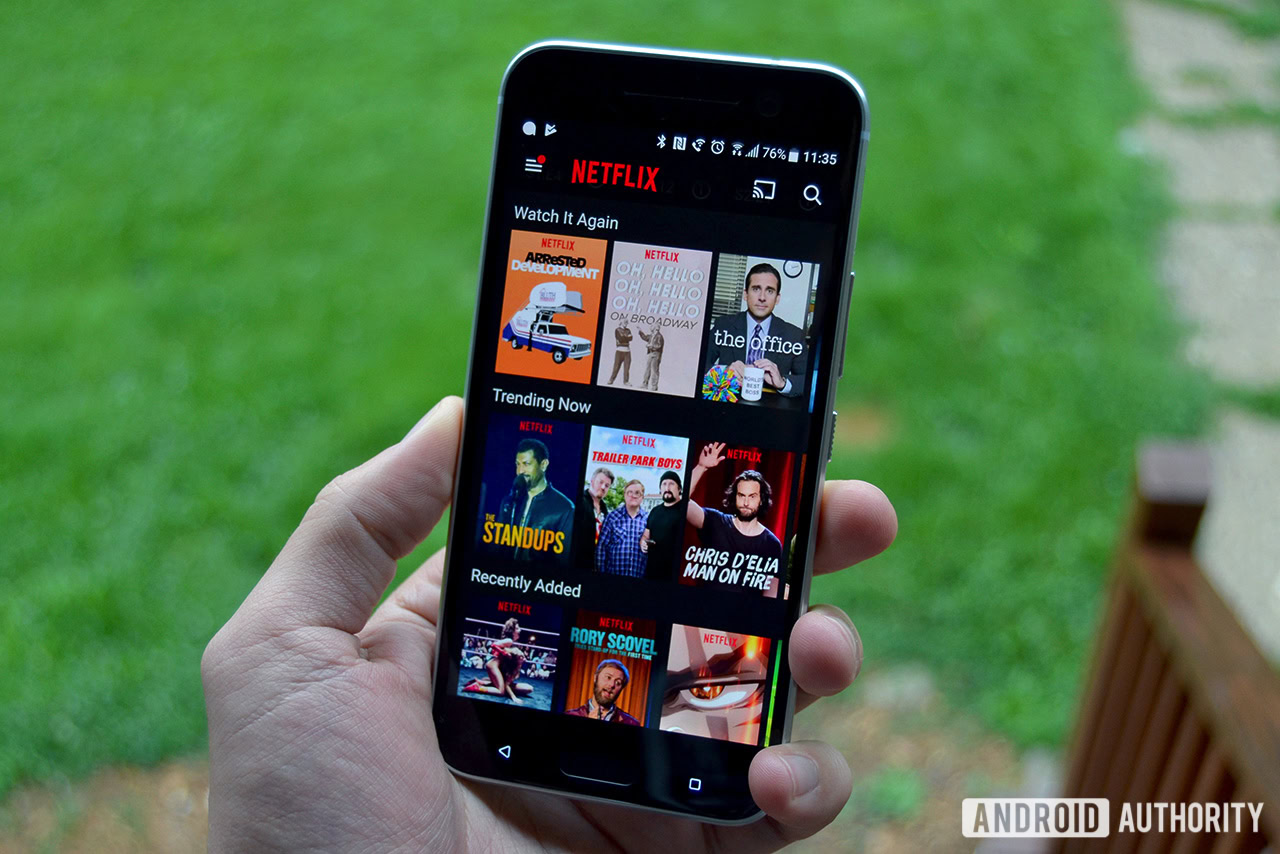Affiliate links on Android Authority may earn us a commission. Learn more.
Carriers regularly throttle video streaming services, new study finds

Your suspicions that your carrier is throttling your streaming service of choice are very likely true. A new study by researchers from Northeastern University and University of Massachusetts Amherst has found that throttling of online video is pervasive and happens in multiple regions across the globe, including the U.S.
The research was conducted with the help of an app called Wehe, which analyzes internet speeds. More than 126,000 users from around the globe, using 2735 different providers in 183 countries downloaded the app. The findings show that throttling regularly takes place on both mobile data and Wi-Fi in seven countries.
In the U.S., researchers claim AT&T throttled Netflix traffic 70% of the time, YouTube 74% of the time, while Amazon Prime Video was not affected. T-Mobile, on the other hand, hasn’t spared the Amazon streaming service, throttling it 51% of the time, while apps like Vimeo and Skype remained untouched on its network.
Throttling is happening all the time regardless of traffic.
Of course, throttling is often done in an effort to reduce congestion, but the findings have raised concerns on whether all internet traffic is treated equally. “They are doing it all the time, 24/7, and it’s not based on networks being overloaded,” David Choffnes, associate professor at Northeastern University and one of the study’s authors told Bloomberg.
Selectively slowing down internet speeds for certain websites or services has been a major concern since the Federal Communications Commission (FCC) repealed net neutrality in 2017. This is why Choffnes thinks it’s important to keep publishing the work, saying: “It would be nice if this is not completely forgotten. At least when there’s an appetite for legislation on this topic, we’ll have the data.”

AT&T responded to the study’s findings, claiming the carrier does not “discriminate or degrade network performance based on content.” Company spokesman Jim Greer told Bloomberg in a statement: “This app fails to account for a user’s choice of settings or plan that may affect speeds. We’ve previously been in contact with the app developers to discuss how they can improve their app’s performance.” T-Mobile and other U.S. cell carriers have yet to issue statements.